I can be contacted at willscott@gmail.com.
Places
 Cuba is a country with a fascinating relationship to the Internet. A historic infrastructural limitation of bandwidth, and tense political relations with the US has left official connectivity channels costly and awkward. This environment has paved the way for community networks to fill the gap, and some of the most vibrant community run networks in the world can be found in Havana and other cities across the country.
Cuba is a country with a fascinating relationship to the Internet. A historic infrastructural limitation of bandwidth, and tense political relations with the US has left official connectivity channels costly and awkward. This environment has paved the way for community networks to fill the gap, and some of the most vibrant community run networks in the world can be found in Havana and other cities across the country.
 The Democratic Peoples Republic of Korea is one of the least connected countries on the Internet. Tense political situations have left the country using Internet access to its advantage, by minimizing its online presence while extracting maximum value from the rest of the world. The understanding and ecosystem of technology within the country is fascinating, and a topic I continue to study first hand.
The Democratic Peoples Republic of Korea is one of the least connected countries on the Internet. Tense political situations have left the country using Internet access to its advantage, by minimizing its online presence while extracting maximum value from the rest of the world. The understanding and ecosystem of technology within the country is fascinating, and a topic I continue to study first hand.
Projects
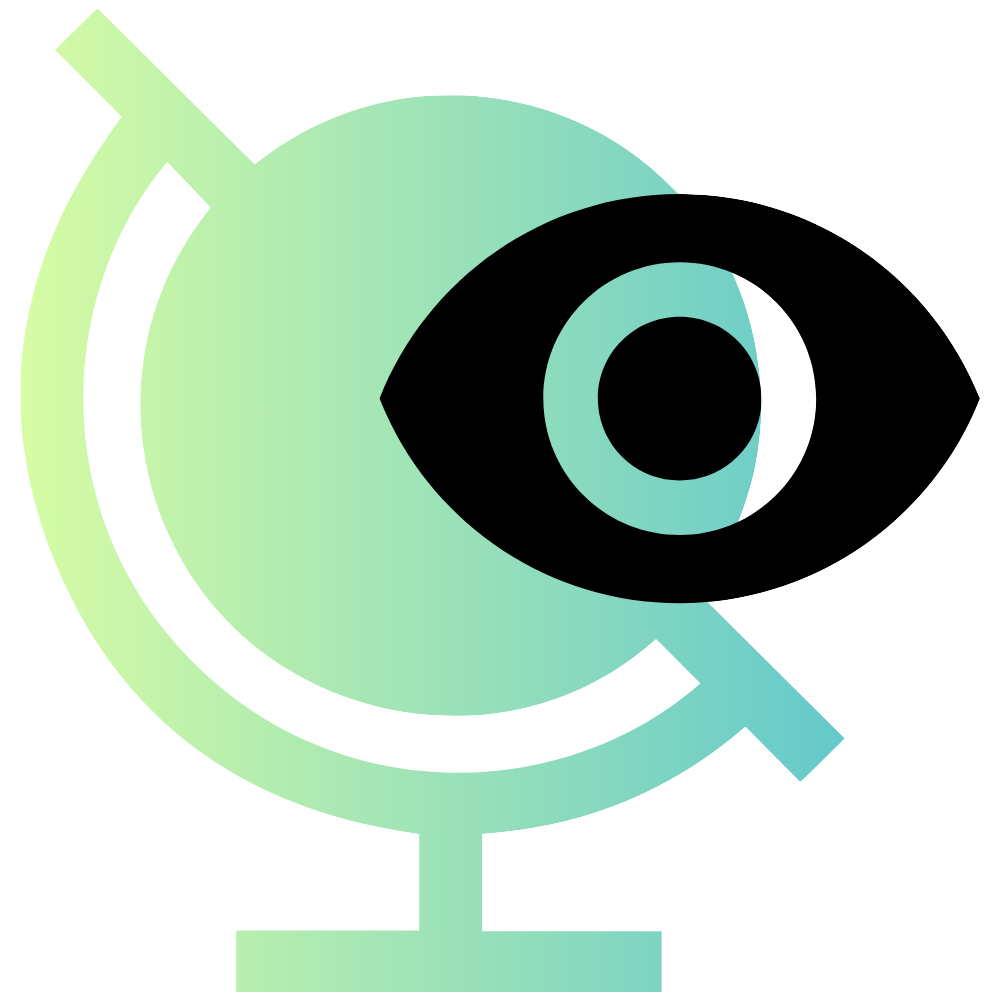 Censored Planet synthesizes a range of remote measurement techniques to provide a broader picture of network interference and blocking around the world. In addition to tracking DNS interference with Satellite, it uses TCP/IP and Application level measurement techniques. Together, these techniques allow the project both to provide more detailed data than has been previously released, and track a broader number of keywords for disruption.
Censored Planet synthesizes a range of remote measurement techniques to provide a broader picture of network interference and blocking around the world. In addition to tracking DNS interference with Satellite, it uses TCP/IP and Application level measurement techniques. Together, these techniques allow the project both to provide more detailed data than has been previously released, and track a broader number of keywords for disruption.
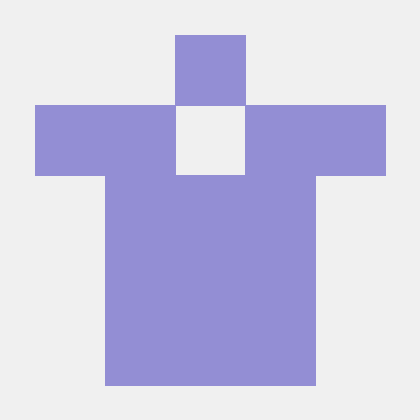 Talek is a privacy preserving database / pub-sub abstraction. Using access-sequence indistinguishably (all clients appear to behave identically to servers) by way of PIR, it presents an interface for building metadata-less chat and other communication applications. One of the exciting innovations is using GPUs to gain significant performance benefits compared to previous systems.
Talek is a privacy preserving database / pub-sub abstraction. Using access-sequence indistinguishably (all clients appear to behave identically to servers) by way of PIR, it presents an interface for building metadata-less chat and other communication applications. One of the exciting innovations is using GPUs to gain significant performance benefits compared to previous systems.
 Satellite is a measurement system to watch the global consistency of DNS responses. The system track open DNS resolvers across IPv4, and runs weekly resolutions of the top 10,000 domains to track both changes in CDN deployments and networks where domain resolutions are systematically disrupted.
Satellite is a measurement system to watch the global consistency of DNS responses. The system track open DNS resolvers across IPv4, and runs weekly resolutions of the top 10,000 domains to track both changes in CDN deployments and networks where domain resolutions are systematically disrupted.
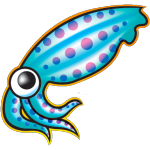 Open proxies occupy one of the dustier corners of the internet, yet continue to serve large amounts of traffic. This project takes a look at how prevalent these proxies really are, who runs them, and what they’re being used for. We monitored open proxy lists and scanned default ports, and then measured open statistics interfaces on a subset of proxies to understand what content clients were requesting.
Open proxies occupy one of the dustier corners of the internet, yet continue to serve large amounts of traffic. This project takes a look at how prevalent these proxies really are, who runs them, and what they’re being used for. We monitored open proxy lists and scanned default ports, and then measured open statistics interfaces on a subset of proxies to understand what content clients were requesting.
Ⓐ
Activist.js is an exploration of what publishers can do without the help of their users to make their content more resilient to network failures. In particular, can a drop-in library alert users when issues in the network are making content unavailable? We look into what is actually provided by cache manifests and service works to provide limited control of experience to publishers even when their servers are disrupted.
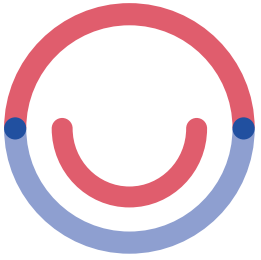 uProxy is a browser extension that lets users share alternative more secure routes to the Internet. It’s like a personalized VPN service that you set up for yourself and your friends. uProxy helps users protect each other from third parties who may try to watch, block, or redirect users’ Internet connections. uProxy is built on freedom.js, and includes features like a fully native javascript xmpp chat client.
uProxy is a browser extension that lets users share alternative more secure routes to the Internet. It’s like a personalized VPN service that you set up for yourself and your friends. uProxy helps users protect each other from third parties who may try to watch, block, or redirect users’ Internet connections. uProxy is built on freedom.js, and includes features like a fully native javascript xmpp chat client.
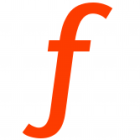 freedom.js is a set of ideas for how to redesign the web. The Client-Server model imposes high operational costs on popular sites, which has resulted in a different ecosystem than desktop applications – one that is much more service oriented. freedom.js provides a framework to encourage a FOSS / Linux like ecosystem for web applications.
freedom.js is a set of ideas for how to redesign the web. The Client-Server model imposes high operational costs on popular sites, which has resulted in a different ecosystem than desktop applications – one that is much more service oriented. freedom.js provides a framework to encourage a FOSS / Linux like ecosystem for web applications.

Unblock (extending OneSwarm) is a privacy preserving overlay. We look at how to extend Oneswarm not just for file sharing, but as a general purpose network overlay. Network topology is only locally known, and based on trusted social links – which protects users and improves performance. Unblock also explores ways to extend the trust found in social networks to a graph with high enough connectivity to support a web browsing workload.
Papers
Allison McDonald, Matthew Bernhard, Luke Valenta, Benjamin VanderSloot, Will Scott, Nick Sullivan, J Alex Halderman, Roya Ensafi. IMC. 2018.
Benjamin VanderSloot, Allison McDonald, Will Scott, J. Alex Halderman, and Roya Ensafi. USENIX Security. 2018.
Eduardo Pujol, Will Scott, Eric Wustrow, and J. Alex Halderman. IMC. 2017.
Sergey Frolov, Fred Douglas, Will Scott, Allison McDonald, Benjamin VanderSloot, Rod Hynes, Adam Kruger, Michalis Kallitsis, David G. Robinson, Steve Schultze, Nikita Borisov, Alex Halderman, Eric Wustrow. FOCI. 2017.
Raymond Cheng, Will Scott, Paul Ellenbogen, Jon Howell, Franziska Roesner, Arvind Krishnamurthy, Thomas E Anderson. SoCC. 2016.
Abbas Razaghpanah, Anke Li, Arturo Filastò, Rishab Nithyanand, Vasilis Ververis, Will Scott, Phillipa Gill. Arxiv Preprint. 2016.
Will Scott, Thomas Anderson, Tadayoshi Kohno, Arvind Krishnamurthy. ATC. 2016.
Emily McReynolds, Adam Lerner, Will Scott, Franziska Roesner, Tadayoshi Kohno. Bitcoin. 2015.
Will Scott, Ravi Bhoraskar, and Arvind Krishnamurthy. Tech Report. 2014.
Ravi Bhoraskar, Dominic Langenegger, Pingyang He, Raymond Cheng, Will Scott, Michael D Ernst. APSys. 2014.
Will Scott, Sujit Packiaraj, Arvind Krishnamurthy. TinyToCS. 2013.
Raymond Cheng, Will Scott, Arvind Krishnamurthy, Tom Anderson. HotNets. 2012.
Will Scott, Raymond Cheng, Jinyang Li, Arvind Krishnamurthy, Thomas Anderson. Tech Report. 2012.
Contact
My resume is available.
2 comments
Comments are closed.